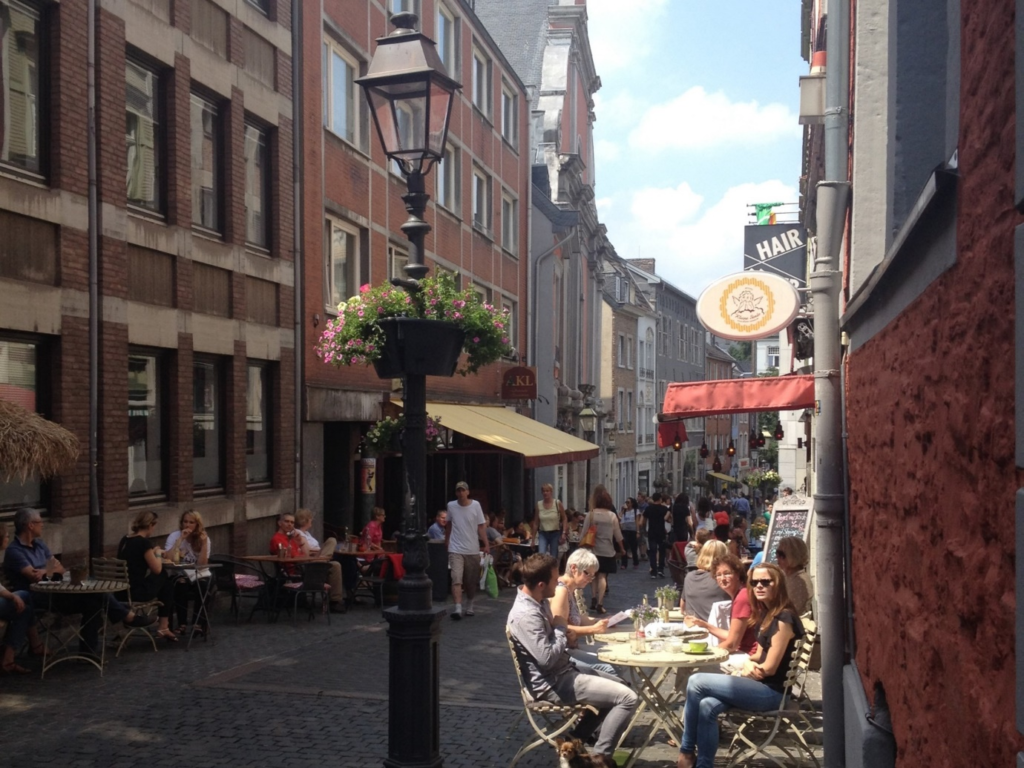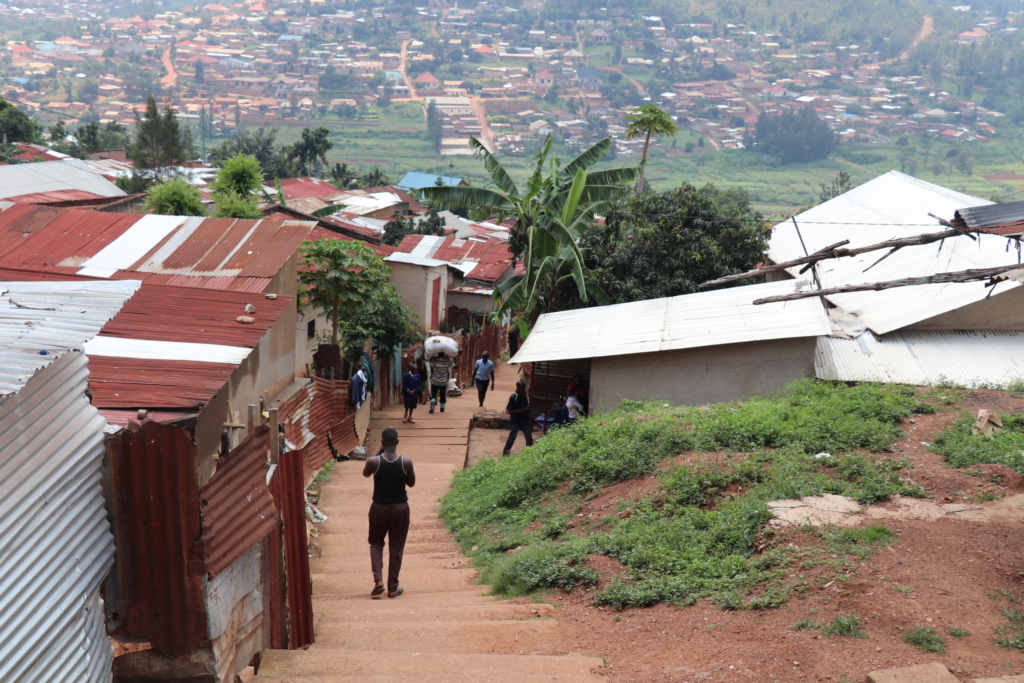Using open data to assess urban greening and climate-related health impacts

Urban greening interventions have been shown to increase the climate resilience of our cities and improve the health outcomes of residents. How can we use open data to target these interventions more effectively and maximise the benefits of increased greening?
Improving adaptive capacity to urban climates: The role of local cultures

Urban design and planning, and associated policies, must enable and support a collective adaptation to climate change by responding to local needs. These needs can be identified through an urban comfort lens considering sociocultural preferences and needs which must inform urban design and planning practice.
Professional’s insights into planning and designing for extreme heat

Our urban environments are getting hotter, yet urban design and planning solutions which can mitigate heat are rarely used. There is a need for further education and strategic planning policy positions to support heat mitigation policy and practice in the built environment.
Neighbourhood effect on mental well-being of the citizens in Asian and African cities

Our cross-sectional study of 272 neighbourhoods of thirteen cities shows that diverse physical and social attributes of neighbourhoods influence mental well-being of the citizens in the Asia and Africa.


